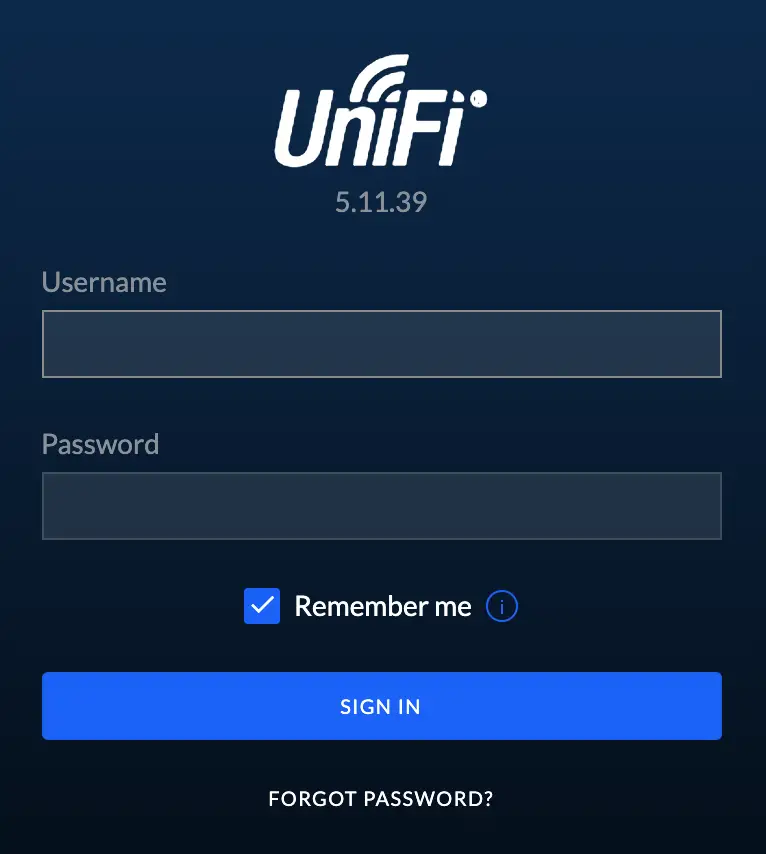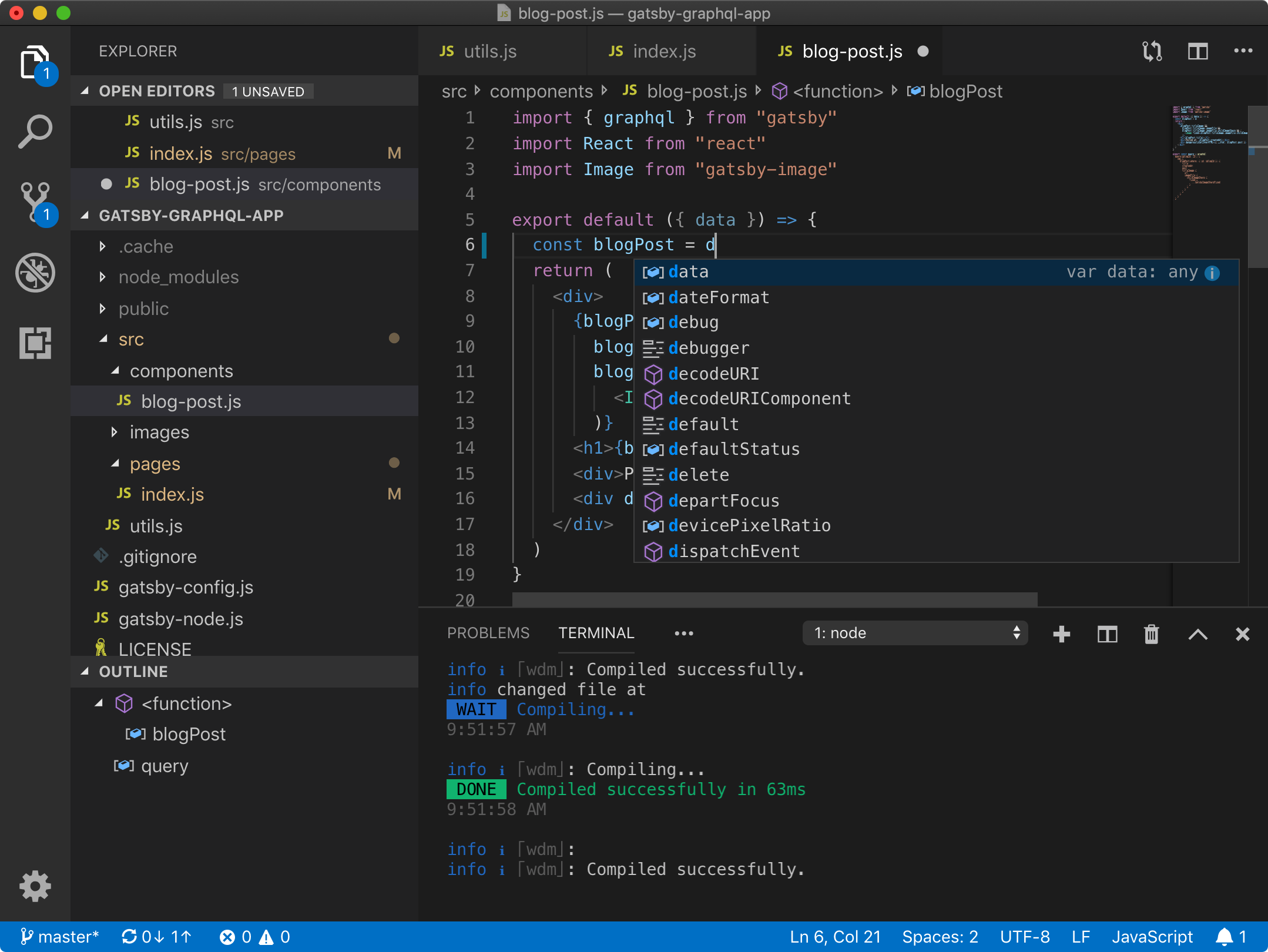Quite like Raspberry Pis. Running a local Kubernetes cluster on cheap Raspberry Pi hardware is a great way to gain experience managing and developing on a true cloud technology giant. Install a Kubernetes cluster on Raspberry Pis. This exercise will install a Kubernetes 1.18.2 cluster on three or more Raspberry Pi 4s running Ubuntu 20.04. It is comparable to Docker or Podman and allows you to create and maintain jails at scale instead of manually. It has a template system to automatically install and configure applications within jails, similar to Dockerfile. It also supports advanced FreeBSD functionality, like ZFS or VNET. Install FreeBSD on Raspberry Pi. Raspberry Pi 3B+ The Raspberry Pi 3B+ supports USB mass storage boot out of the box. Raspberry Pi 2B v1.2, 3A+, 3B, Compute Module 3, 3+ On the Raspberry Pi 2B v1.2, 3A+, 3B, and Compute Module 3, 3+ you must first enable USB host boot mode. This is to allow USB mass storage boot, and network boot. Note that network boot is not supported on the.
Available on Raspberry Pi 2B v1.2, 3A+, 3B, 3B+, 4B, 400, Compute Module 3, Compute Module 3+ and Compute Module 4 only.
This page explains how to boot your Raspberry Pi from a USB mass storage device such as a flash drive or a USB hard disk. When attaching USB devices, particularly hard disks and SSDs, be mindful of their power requirements. If you wish to attach more than one SSD or hard disk to the Pi, this normally requires external power - either a powered hard disk enclosure, or a powered USB hub. Note that models prior to the Pi 4B have known issues which prevent booting with some USB devices.
Raspberry Pi 4B and Raspberry Pi 400


The Raspberry Pi Pi 400 and newer Raspberry Pi 4B boards support USB boot by default. On earlier Raspberry Pi 4B boards, or to select alternate boot modes, the bootloader must be updated.
Using Raspberry Pi Imager to update the bootloader (recommended)
Raspberry Pi Imager provides a GUI for updating the bootloader
- Download Raspberry Pi Imager
- Select a spare SD card. The contents will get overwritten!
- Launch
Raspberry Pi Imager - Select
Misc utility imagesunderOperating System - Select
Bootloader - Select
USB - Select Storage and then Write
Using raspi-config to update the bootloader from within Raspberry Pi OS
To change the boot-mode from within Raspberry Pi OS run raspi-config
- Run
sudo raspi-config - Select
Advanced Options - Select
Boot Order - Select
USB - Reboot
Raspberry Pi 1 B+ Docker
See also:-
- The bootloader configuration page for other boot configuration options
- The bootloader EEPROM page for more information
Compute Module 4
Please see the Flashing the Compute Module eMMC for bootloader update instructions.
Raspberry Pi 3B+
The Raspberry Pi 3B+ supports USB mass storage boot out of the box.
Raspberry Pi 2B v1.2, 3A+, 3B, Compute Module 3, 3+

On the Raspberry Pi 2B v1.2, 3A+, 3B, and Compute Module 3, 3+ you must first enable USB host boot mode. This is to allow USB mass storage boot, and network boot. Note that network boot is not supported on the Raspberry Pi 3A+.
To enable USB host boot mode, the Raspberry Pi needs to be booted from an SD card with a special option to set the USB host boot mode bit in the one-time programmable (OTP) memory. Once this bit has been set, the SD card is no longer required. Note that any change you make to the OTP is permanent and cannot be undone.
On the Raspberry Pi 3A+, setting the OTP bit to enable USB host boot mode will permanently prevent that Pi from booting in USB device mode.

You can use any SD card running Raspberry Pi OS to program the OTP bit.
Enable USB host boot mode with this code:
This adds program_usb_boot_mode=1 to the end of /boot/config.txt.
Note that although the option is named program_usb_boot_mode, it only enables USB host boot mode. USB device boot mode is only available on certain models of Raspberry Pi - see USB device boot mode.
The next step is to reboot the Raspberry Pi with sudo reboot and check that the OTP has been programmed with:
Check that the output 0x3020000a is shown. If it is not, then the OTP bit has not been successfully programmed. In this case, go through the programming procedure again. If the bit is still not set, this may indicate a fault in the Pi hardware itself.
If you wish, you can remove the program_usb_boot_mode line from config.txt, so that if you put the SD card into another Raspberry Pi, it won't program USB host boot mode. Make sure there is no blank line at the end of config.txt.
You can now boot from a USB mass storage device in the same way as booting from an SD card - see the following section for further information.
Raspberry Pi 1 Docker Ubuntu
Booting from the USB mass storage device
The procedure is the same as for SD cards - simply image the USB storage device with the operating system image.
After preparing the storage device, connect the drive to the Raspberry Pi and power up the Pi, being aware of the extra USB power requirements of the external drive.After five to ten seconds, the Raspberry Pi should begin booting and show the rainbow splash screen on an attached display. Make sure that you do not have an SD card inserted in the Pi, since if you do, it will boot from that first.
See the bootmodes documentation for the boot sequence and alternative boot modes (network, USB device, GPIO or SD boot).
Known issues (not Pi 4B, CM4 and Pi 400)
- The default timeout for checking bootable USB devices is 2 seconds. Some flash drives and hard disks power up too slowly. It is possible to extend this timeout to five seconds (add a new file
timeoutto the SD card), but note that some devices take even longer to respond. - Some flash drives have a very specific protocol requirement that is not handled by the bootcode and may thus be incompatible.
Special bootcode.bin-only boot mode (not Pi 4B, CM4 and Pi 400)
Raspberry Pi 1 Docker Commands
If you are unable to use a particular USB device to boot your Raspberry Pi, an alternative for the Pi 2B v1.2, 3A+, 3B and 3B+ is to use the special bootcode.bin-only boot mode as described here. The Pi will still boot from the SD card, but bootcode.bin is the only file read from it.
